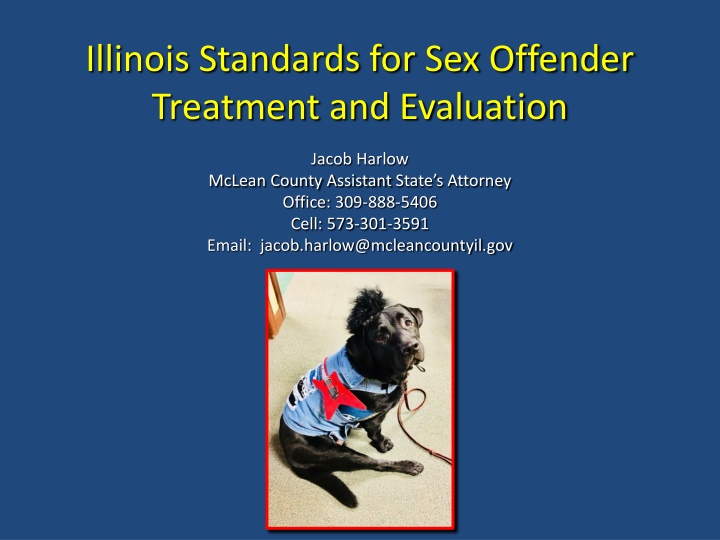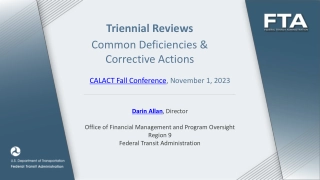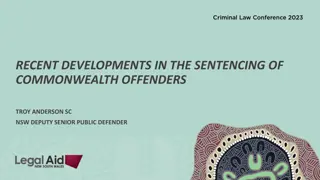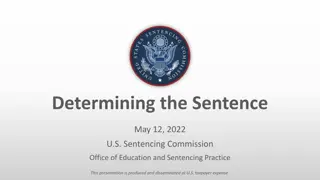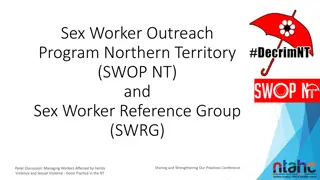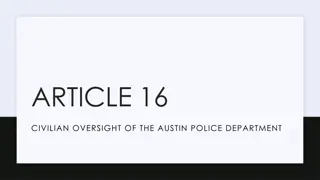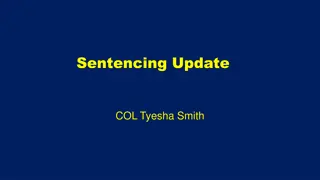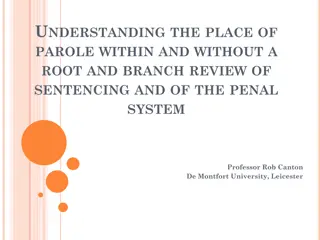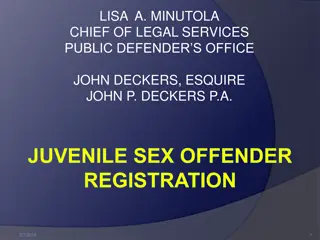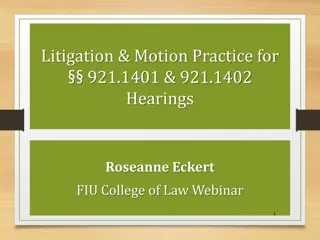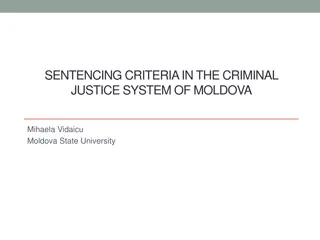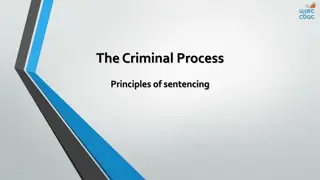Illinois Sex Offender Case Studies and Sentencing Oversight
Illinois standards for sex offender treatment and evaluation include case studies like People v. Conrad Morger, where probation conditions must be imposed by the trial court at the sentencing hearing. In this case, the court erred in delegating authority to impose probationary conditions, leading to a reevaluation of the sentencing process. Understanding the nuances of sex offender probation is crucial for ensuring proper rehabilitation and justice in such cases in Illinois.
Download Presentation

Please find below an Image/Link to download the presentation.
The content on the website is provided AS IS for your information and personal use only. It may not be sold, licensed, or shared on other websites without obtaining consent from the author.If you encounter any issues during the download, it is possible that the publisher has removed the file from their server.
You are allowed to download the files provided on this website for personal or commercial use, subject to the condition that they are used lawfully. All files are the property of their respective owners.
The content on the website is provided AS IS for your information and personal use only. It may not be sold, licensed, or shared on other websites without obtaining consent from the author.
E N D
Presentation Transcript
Illinois Standards for Sex Offender Treatment and Evaluation Jacob Harlow McLean County Assistant State s Attorney Office: 309-888-5406 Cell: 573-301-3591 Email: jacob.harlow@mcleancountyil.gov
Illinois Sex Offender Case Studies People v. Morger People v. Morger People v. Minnis State v. Pepitone State v. Pepitone
Illinois Sex Offender Case Studies People v. Morger People v. Morger People v. Minnis State v. Pepitone State v. Pepitone
People v. Conrad Morger 59 N.E.3d 219, 405 Ill.Dec. 926 (4th Dist. 2016) Charged with criminal sexual abuse and aggravated criminal sexual abuse. Found guilty of both counts after a bench trial. Sentenced to 48 months sex offender probation.
People v. Conrad Morger 59 N.E.3d 219, 405 Ill.Dec. 926 (4th Dist. 2016) Because the imposition of probationary conditions is part of sentencing, the trial court must impose any such conditions at the sentencing hearing and may not delegate that authority to any third party, including the court services department. The court could easily have done so in this case by (1) signing, at the sentencing hearing, the sex offender probation order that contained the probationary conditions; (2) informing defendant that the court was imposing these special probationary conditions; (3) explaining these special conditions to defendant, including why the court was imposing them; and (4) giving a copy of that order to defendant. We conclude that the trial court erred when it purportedly imposed 24 probationary conditions merely by checking a box on the probation order, which stated that defendant's probation [was] to be served on Sex Offender Probation under the additional conditions as provided by Court Services. Defendant acknowledged receipt of those additional probationary conditions only after the court services department provided him a copy of the two-page form that contained these additional conditions four days after the sentencing hearing. Charged with criminal sexual abuse and aggravated criminal sexual abuse. Found guilty of both counts after a bench trial. Any additional [probationary] condition not expressly authorized by statute may be imposed as long as it is (1) reasonable and (2) relates to (a) the nature of the offense or (b) the rehabilitation of the defendant as determined by the trial court. Sentenced to 48 months sex offender probation.
Illinois Sex Offender Case Studies People v. Morger People v. Morger People v. Minnis State v. Pepitone State v. Pepitone
Illinois Sex Offender Case Studies People v. Morger People v. Morger People v. Minnis State v. Pepitone State v. Pepitone
People v. Mark Minnis 67 N.E.3d 272, 409 Ill.Dec. 60 (2016) The Internet disclosure provision advances the substantial governmental interest of preventing sex offenses against children and protecting the public from the danger of recidivist sex offenders. Trial court ruled that the Internet disclosure provision of the Sex Offender Registration Act (requirement to disclose identities and websites) was overbroad in violation of First Amendment. amendment freedoms. applications. To survive intermediate scrutiny, a content- neutral regulation of protected speech (1) must serve or advance a substantial Charged with violating Sex Offender Registration Act for failing to register his Facebook account. communications. suppression of free speech and (2) must not burden substantially more speech than necessary to further that interest or in other words, it must be narrowly tailored to serve that interest without unnecessarily interfering with first lessen the number of unconstitutional First Amendment freedom of speech protects/applies to anonymous Internet governmental interest unrelated to the Disclosure law requires lesser (intermediate scrutiny) because it affects content neutral speech. The Internet disclosure provision is tailored to avoid chilling more speech than necessary, or in other words, to
Illinois Sex Offender Case Studies People v. Morger People v. Morger People v. Minnis State v. Pepitone State v. Pepitone
Illinois Sex Offender Case Studies People v. Morger People v. Morger People v. Minnis State v. Pepitone State v. Pepitone
State v. Marc Pepitone 75 N.E.3d 297, 412 Ill.Dec. 317 (3rd Dist. 2017) Convicted of being a child sex offender in a public park. Appellate court ruled that this law violates substantive due process clause of the Constitution. Law is not reasonably related to its goal of protecting the public, especially children, from a child sex offender, nor is it drafted in such a way as to effect that goal without sweeping too broadly by criminalizing a wide array of innocent conduct.
Illinois Sex Offender Case Studies People v. Morger People v. Morger People v. Minnis State v. Pepitone State v. Pepitone
